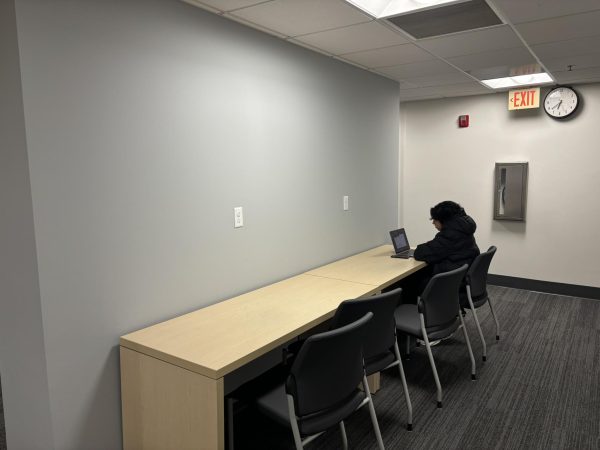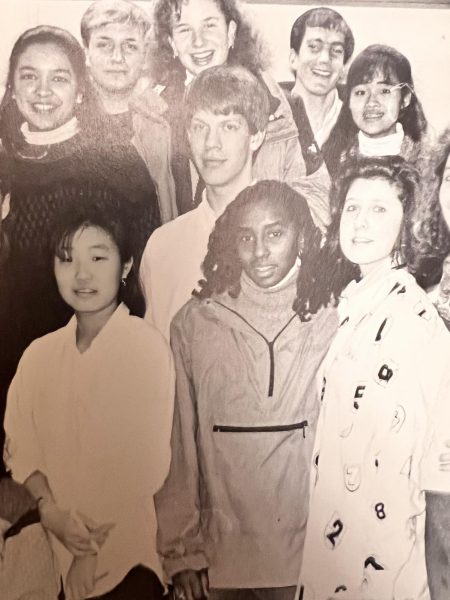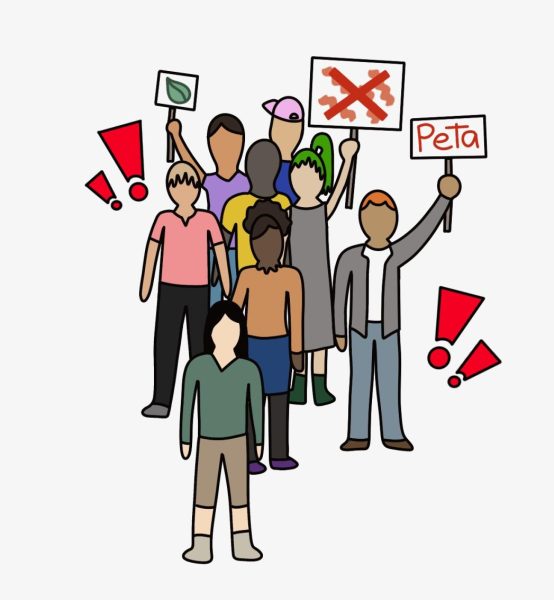Ukraine crisis builds
The news has been filled recently with stories about the current state of affairs in Russia and the Ukraine, especially regarding Crimea, a region of southern Ukraine. After Russia annexed Crimea in mid-March, the situation in Russia and the Ukraine escalated into violence, and the United States and the rest of the world are contemplating next steps. In an editorial Russian President Vladimir Putin wrote for the New York Times earlier this year, Putin wrote, “No one wants the United Nations to suffer the fate of the League of Nations, which collapsed because it lacked real leverage. This is possible if influential countries bypass the United Nations and take military action without Security Council authorization.” He continued, “We must stop using the language of force and return to the path of civilized diplomatic and political settlement.” Perhaps if Putin were to take his own advice, the United Nations would not have to intervene, but it seems that an intervention by the international community in the coming weeks is inevitable if Putin doesn’t stay out of the Ukraine.
The combination of a struggling economy in the Ukraine and frustration with its’ President, Viktor Yanukovych and the Ukrainian government, sparked protests in the Ukraine, which eventually led President Yanukovych to flee to Russia. Around the same time, Russia began to put troops on the ground, which Putin claimed would serve to stabilize the Ukraine. Pro-Russian officials replaced many government officials in the Ukraine, and the people of Crimea began to voice support to secede from the Ukraine and join Russia. To justify the annexation of Crimea, Putin put the issue to a vote in Crimea. Allegedly, an overwhelming majority of voters supported joining Russia. However, the legitimacy of this vote has been continually questioned by the Ukraine and other nations, and it is unclear whether citizens of Crimea were interested in actually joining Russia or the economic advantages it could bring.
The United States and the European Union have have implemented sanctions against Russia, but many have concluded that the annexation of Crimea is irreversible. The international community fears that the current state of Russia is comparable to the Soviet Union as it stood during the Cold War, where it had a large influence over neighboring countries, and essentially controlled Eastern Europe. The dissolution of the Soviet Union was liberating for many people, and created smaller democracies from a large, powerful communist state. The situation continues to escalate, as separatist protests are arising in other regions of the Ukraine, and it is unclear whether Russia will attempt to annex other regions of the Ukraine. The question inevitably arises for Blake students and citizens of the United States in general: should we care?
Freshman Bruce Sprainer believes that the countries of the world “have a responsibility to watch out for each other,” but also acknowledges the difficulty of the United States getting involved in another conflict when we are in the process of removing troops from countries that we entered over a decade ago. Sprainer believes that it is important for the international community to respond to the situation in Russia and the Ukraine, rather than the United States acting alone. Maddy Watchmaker ‘15 adds that as Blake students we have a responsibility to read about and take a stance on this topic, because caring about international issues is part of being a “well-informed worldly citizen.” Many students at Blake participate in Model United Nations, take classes which discuss current events, and read the newspaper over breakfast or online during study hall. These actions are necessary and perhaps defining characteristics of becoming global citizens.

I have been a staff writer since freshman year and became the features editor this semester. I love long afternoon naps and iced coffee.









